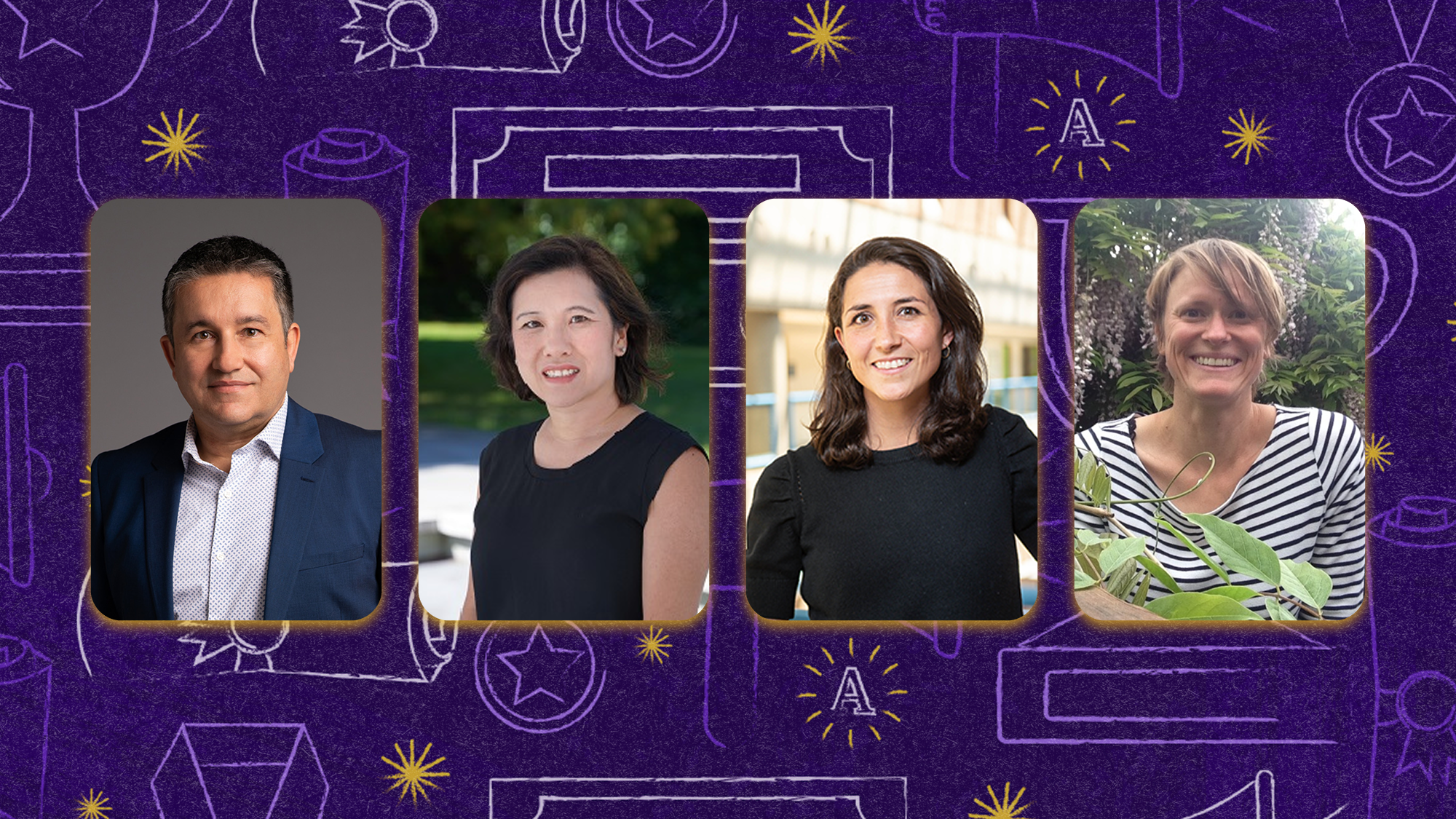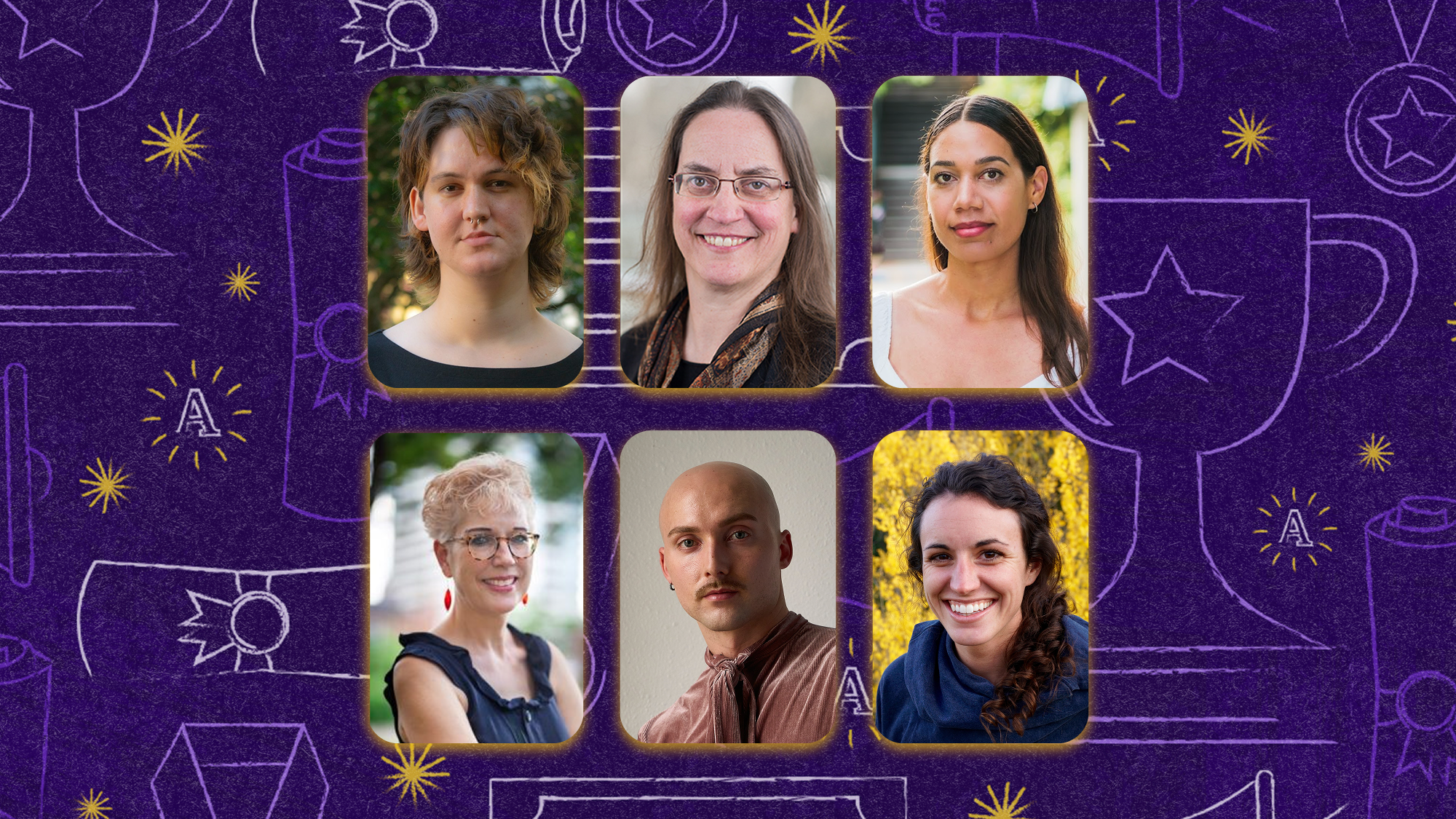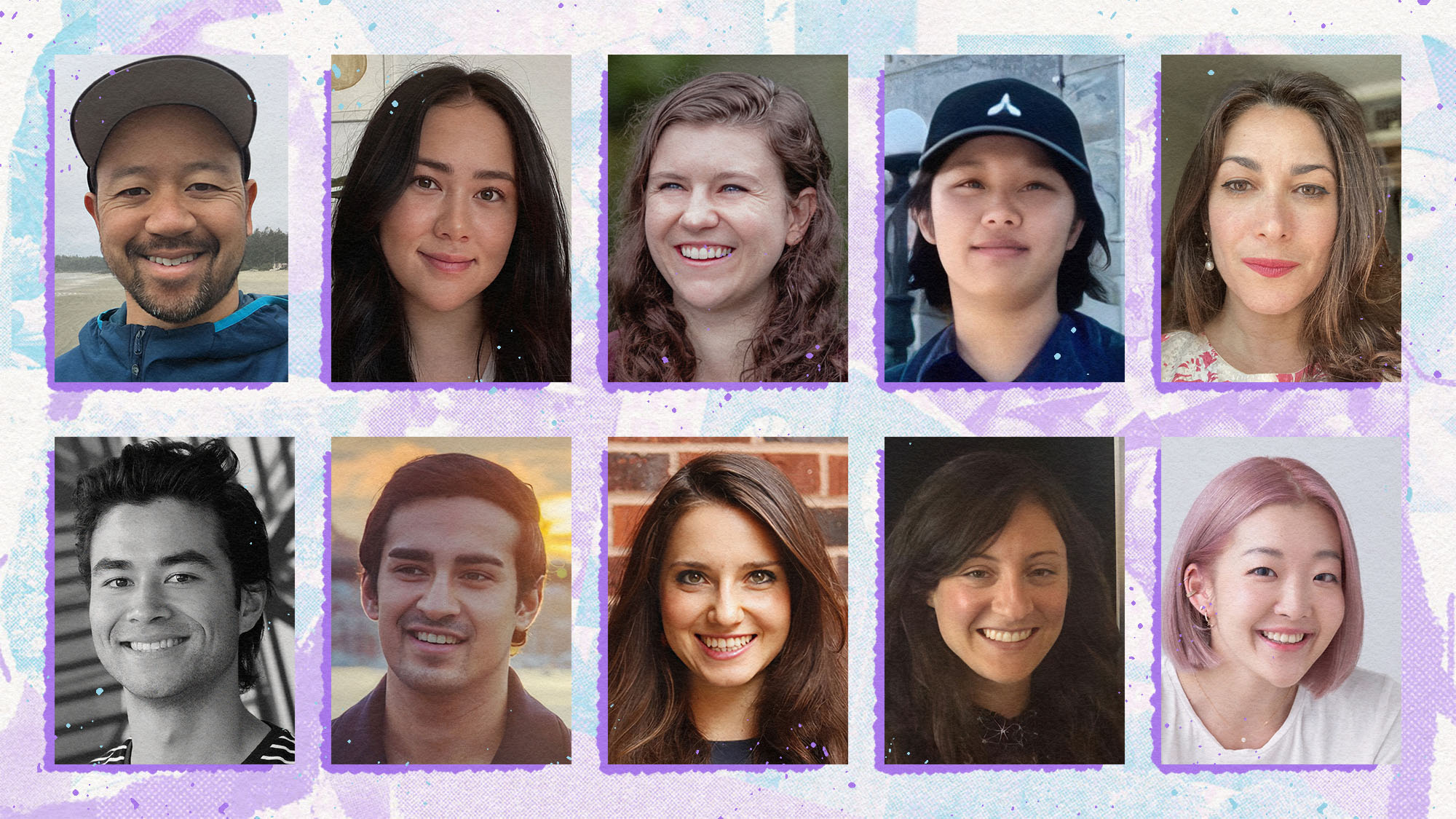By Stephen Satterfield
“Doing a Co-op degree was the smartest choice I made at UBC!” said Phil Casey, BA 2010 Major Geography, Minor Visual Arts. Two of Phil’s former Co-op employers have made unofficial offers to have Phil return to them post-graduation, and he’s accepted one of them.
Phil’s first work term was with Rescan Environmental Services as a Socio-Economic Research Assistant. At Rescan, Phil was able to use the GIS (Geographic Information Systems) skills he gained in an academic setting through his coursework in Geography and apply it in a practical environment. He used GIS to “assess and mitigate any adverse impacts mining projects might have on people and communities.” Phil also coordinated information sharing on several projects and assisted with writing and research during his time with Rescan.
Through Co-op, Phil found a career path he is interested in pursuing: promoting “social sustainability through community development and engagement in the natural resource extraction industry.” His second 8-month placement was with Teck Resources Ltd. as a Sustainability Research Assistant, a job that further developed Phil’s abilities in this field. With resource-based companies becoming increasingly concerned with environmental and social sustainability, Phil will likely find that his skill set serves him well post-graduation.
One thing Phil is eager to point out is that UBC Arts Co-op does not simply place you in jobs – you compete with other students for opportunities, and you get out of the program what you put in. Part of the program is learning to excel in creating resumes and cover letters and perform well in interviews. “Nothing is handed to you on a silver platter,” Phil notes of the Co-op office. “You have to be proactive in applying for jobs, you have to take advantage of the resources the co-op office provides, and you have to build yourself up to get better jobs.” Successful students invest many, many hours of their time applying for positions, practicing their skills and preparing for job interviews.
Of course, not every interview will go perfectly: Phil recalls being called for an interview with an employer while in Brazil. Mid-conversation, Phil realized that his phone card was about to expire, and asked the interviewer to call back half an hour later. “Let’s just say that I didn’t get that job,” Phil recalls. “But it was definitely a memorable experience.”
What has Phil gotten out of his experience with the UBC Arts Co-op program? Besides possible job offers, Phil now has several skill sets that are transferable to a multitude of employers. These include technical writing, advanced use of GIS for mapping and planning, hours of practice with Microsoft Office and Adobe Creative Suite, and even an understanding of the mining industry. More importantly, however, Phil will graduate with 16 months of full-time office experience in a field related to his educational pursuits, giving Phil a head start over some of his UBC peers in the competitive post-graduation job market.


